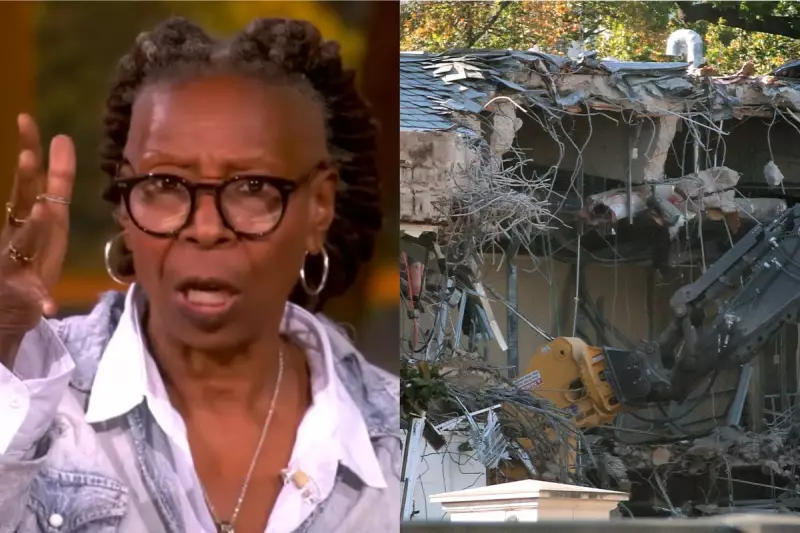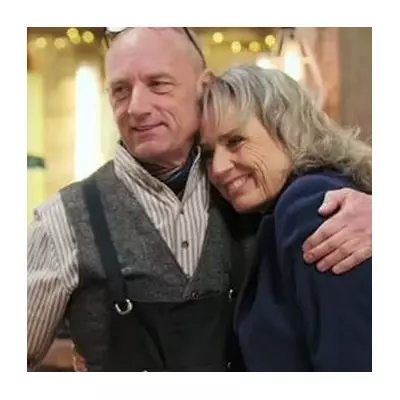
In a stunning revelation that has sent shockwaves through political and entertainment circles, Whoopi Goldberg has made an extraordinary claim about Donald Trump's final days in the White House.
The veteran co-host of ABC's The View dropped a bombshell during a recent episode, alleging that the former president was so resistant to leaving office after the 2020 election that he suggested demolishing the iconic building altogether.
The Shocking Allegation
Goldberg didn't hold back during the heated discussion, stating emphatically: "He didn't want to leave. He was going to blow up the White House."
This dramatic claim adds another layer to the already tense narrative surrounding Trump's departure from Washington DC. While no evidence was presented to substantiate the allegation, the mere suggestion has ignited fierce debate across social media and news platforms.
Context and Reaction
The conversation unfolded during a segment discussing Trump's ongoing legal challenges and his relationship with the Republican party. Goldberg's co-hosts appeared visibly stunned by the magnitude of her claim, though the discussion quickly moved to other topics.
This isn't the first time Goldberg has made headlines for her outspoken political commentary. As one of television's most recognizable faces, her statements often generate significant media attention and public discussion.
Broader Implications
The allegation comes at a sensitive time in American politics, with Trump maintaining a dominant position in the Republican party while facing multiple legal battles. Goldberg's comments have added fuel to the ongoing debate about the former president's conduct during the transition period.
Political analysts suggest that such high-profile claims, whether substantiated or not, can influence public perception and contribute to the already deeply polarized political landscape.
As the story continues to develop, viewers and political observers alike are left wondering what other revelations might emerge about one of the most controversial presidential transitions in modern American history.





